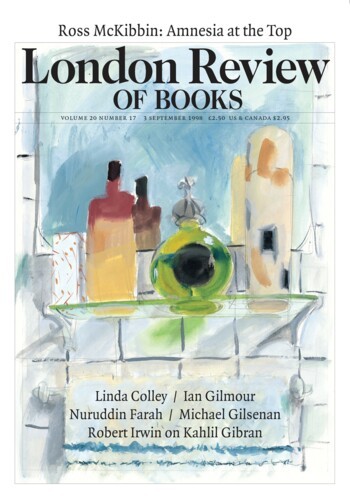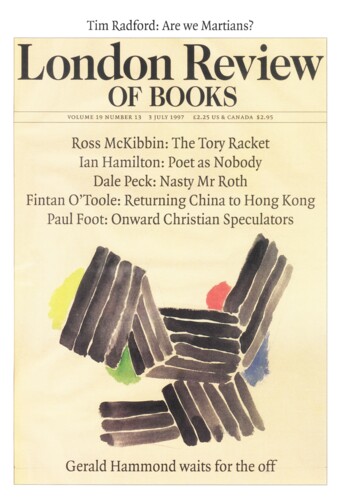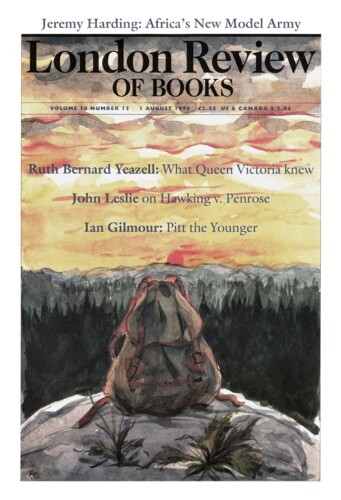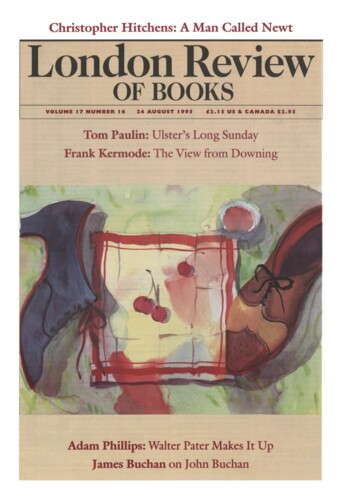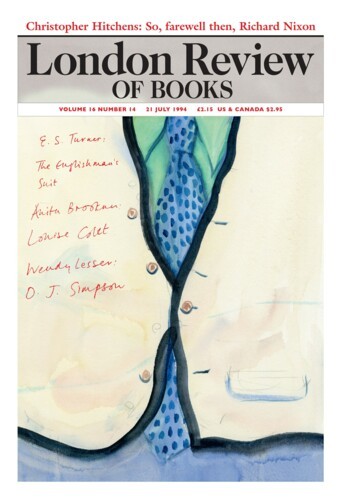I am a false alarm: Khalil Gibran
Robert Irwin, 3 September 1998
Kahlil Gibran was born in India, but grew up in Lebanon. His father was a wealthy and aristocratic Arab, and his grandfather owned a palatial mansion guarded by lions. The child rode out hunting with his attendants and met the Kaiser on the latter’s Middle Eastern tour. Only after his imperious and incorruptible father had been brought low by the intrigues of his enemies did the family emigrate to Boston. There, Gibran grew up to become a major artistic and political figure. In Paris he knew Debussy, while Rodin went so far as to acclaim him as ‘the Blake of the 20th century’. As it happened, Gibran could remember not only his previous reincarnation as William Blake, but also a subsequent incarnation as Dante Gabriel Rossetti. During the First World War he was offered a high-ranking political post and agents of the Ottoman Empire tried to assassinate him. He was impervious to pain and he communicated with a higher reality in trance states. His thought and his life were all of a piece. ‘Thousands of times I’ve been drawn up from the earth by the sun as dew, and risen into cloud, then fallen as rain, and gone down into the earth, and sought the sea.’‘
